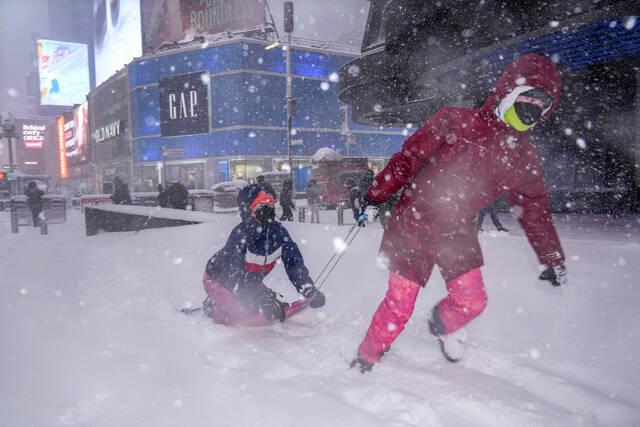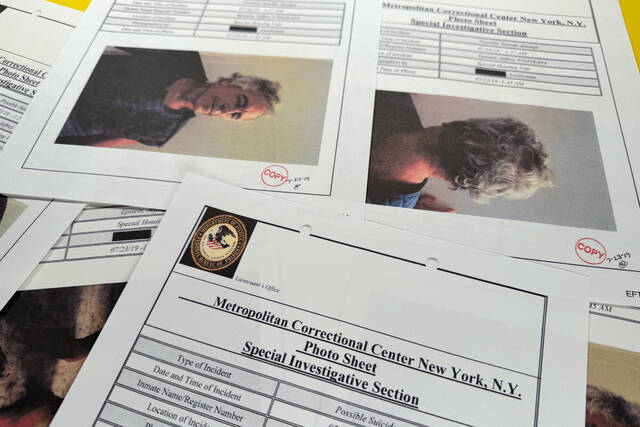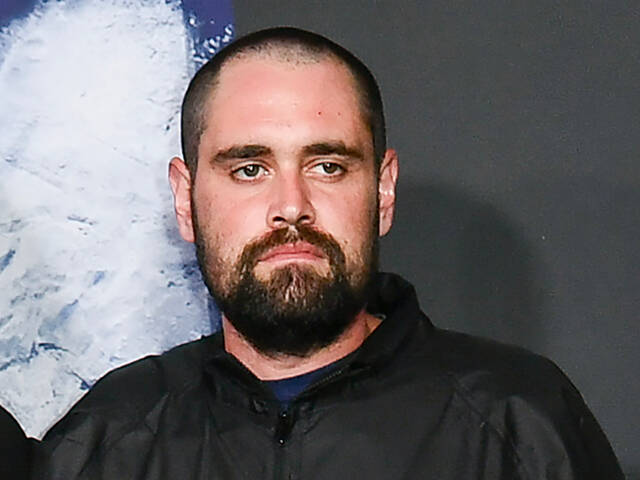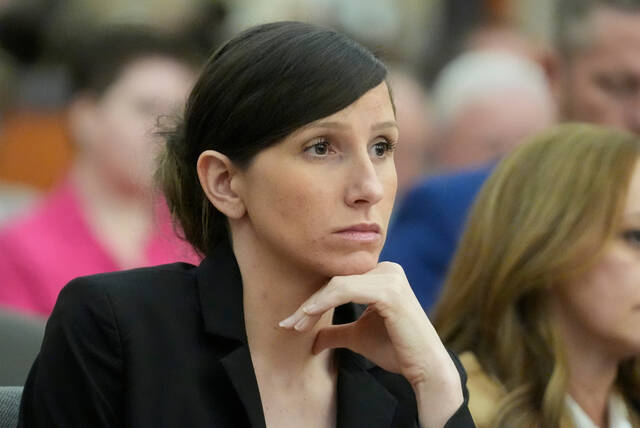The battle to overturn a new federal rule to deport international college students forced to take all classes online grew Monday as 18 state attorneys general, including the one in Pennsylvania, 26 cities, including Pittsburgh, and a coalition of student government groups from 18 universities filed legal briefs in federal court.
The new federal rule, announced July 6, is an about-face from a March 13 advisory from U.S. Immigration and Customs Enforcement (ICE) that permitted international students to take courses online when universities and colleges shuttered classrooms to slow the spread of the coronavirus pandemic.
Colleges and universities say the rule usurps their authority to deal with public health issues. They labeled it an effort to force them to reopen this fall without regard to student health and safety.
While many universities are planning a combination of in-person and online learning this fall, some — including Harvard, MIT, the University of Southern California and most recently West Chester University of Pennsylvania — plan to remain online only.
The growing movement to halt the new policy, which could affect all schools should a new surge in covid-19 infections force them to close classrooms, began last week when Harvard and MIT filed a federal lawsuit in Boston.
Locally, Pittsburgh city officials and graduate students from Carnegie Mellon University were among those signing off on friend of the court briefs Monday in support of the Harvard-MIT suit.
The brief filed by the graduate students said the policy could upend the lives of gifted international students whose families have sacrificed for them to travel here to study among “the best and the brightest,” and force students to choose between their health and their education.
“Our students are very troubled. They don’t know what to do,” said Divyansh Kaushik, a doctoral student at CMU and vice president of the graduate student assembly.
Cities argued the rule could have devastating economic and health impacts.
They cited New York City, saying international students contribute $3 billion to its economy each year; Pittsburgh, where economists say one new job is created for every two international students in its universities; and Iowa City, where 2,500 international students contribute millions of dollars to the local economy.
Moreover, they argued it could “send students threatened with removal into the shadows, where public health efforts will not reach them, in the midst of a pandemic,” and force colleges and universities to resume in-person instruction against the advice of public health experts.
An ICE spokesman declined to comment on the policy, citing pending litigation.
White House Press Secretary Kayleigh McEnany brushed off reporters last week when asked whether it was an effort to force colleges to reopen this fall.
“You don’t get a visa for taking online classes from, let’s say, University of Phoenix, so why would you if you were just taking online classes generally?” McEnany responded.
International students — the majority of whom hail from China, India and South Korea — have become an integral part of higher education in the U.S. Most pay the schools’ highest tuition and help stabilize struggling university bottom lines.
Last year, more than 1 million international students enrolled in U.S. colleges and universities. More than 10,000 international students attend universities in Pittsburgh alone.
The new filings from the cities and the graduate students followed another friend of the court brief in support of the Harvard-MIT suit Sunday from 59 public and private universities, including Carnegie Mellon and Penn State. That petition represented colleges and universities in 24 states that enroll a total of 213,000 international students, The Hill reported.
Pennsylvania Attorney General Josh Shapiro joined a coalition of attorneys general from 16 other states and the District of Columbia Monday in a separate legal challenge. He said he was prompted to act after hearing “an outpouring of concern” from across the state, including the University of Pittsburgh, CMU and others.
Their suit filed in federal court in Massachusetts alleges the new rule failed to adhere to requirements of the federal Administrative Procedures Act, would impose significant financial harm on schools and students and fails, among other issues, to consider the health and safety of students, faculty and staff.
Shapiro lambasted the Trump administration. He dismissed the new rule it as an “attempt to take advantage of an international pandemic — to push a cynical, partisan agenda that threatens the health and safety of young people who want to pursue an education. … It is cruel, illegal and puts our already fragile economy at risk.”








